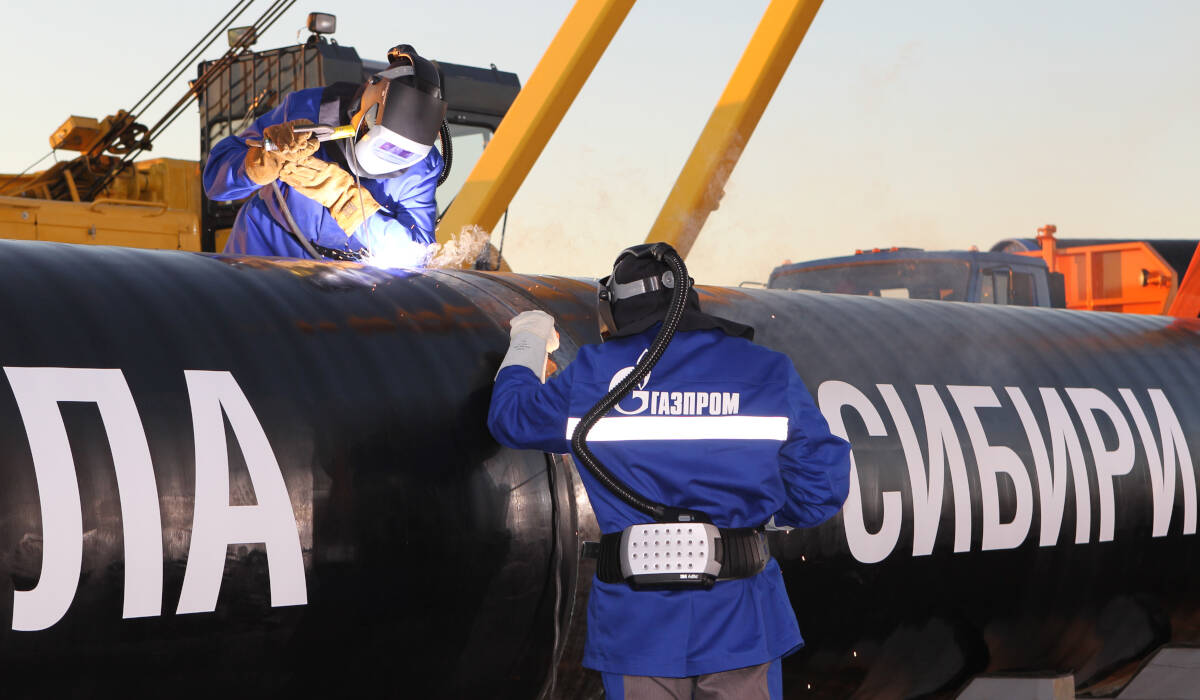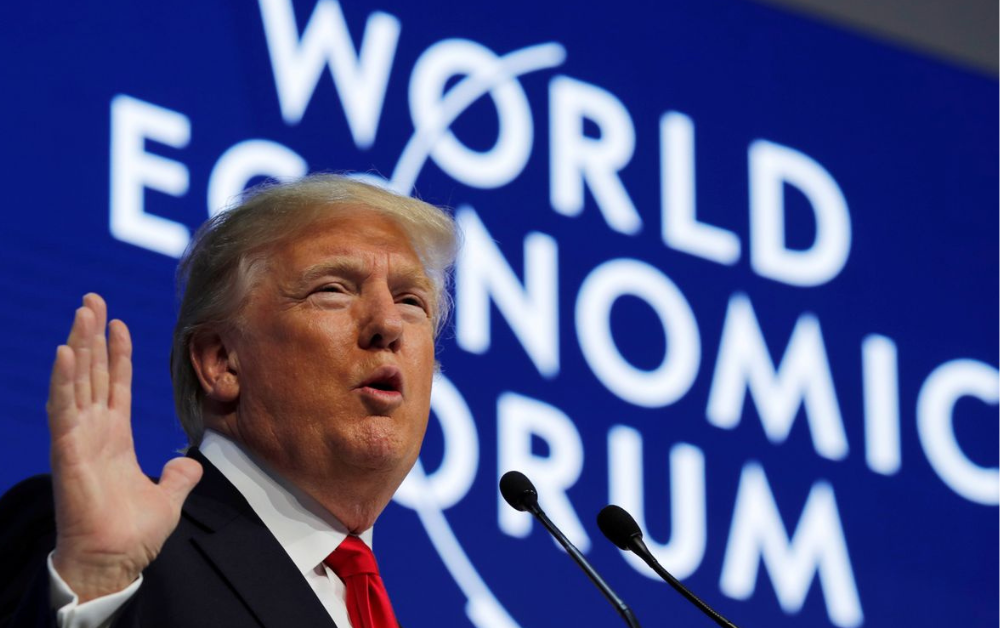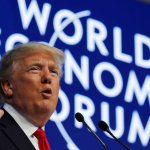At the Shanghai Cooperation Organisation (SCO) summit held in Tianjin, Russia, Mongolia, and China signed an agreement to build the “Power of Siberia 2” gas pipeline, which will supply Beijing with Russian gas via Mongolian territory, sourced from gas fields originally intended to supply Europe.
Since 2022, the European Union has seen its energy costs rise significantly due to the sanctions it imposed on Russia, the sabotage of the Nord Stream 1 and 2 pipelines, its policy of phasing out nuclear power, and the increase in renewable energy sources. This schizophrenic energy policy has caused a rise in electricity prices, heavily penalizing the economies of EU countries.
Indeed, to smooth electricity production throughout the day, a country cannot rely solely on renewable energies; it also needs a more constant energy source over time (nuclear) and other “dispatchable” sources for last-minute adjustments (such as coal and gas-fired power plants, or hydroelectric plants).
However, by depriving themselves of nuclear power, European countries are becoming more dependent on gas and coal. Except that after the sabotage of the Nord Stream 1 and 2 pipelines in the autumn of 2022, the EU’s gas supply turned to liquefied natural gas (LNG), including American LNG, which is much more expensive than Russian gas. As a result, electricity bills are soaring and weighing down the economies of EU countries. Finally, when the electricity supply doesn’t completely collapse, as seen this year in Spain—a country that has based over 50% of its electricity generation on renewable energies, making its grid very unstable.
And if EU countries are prone to energy and economic suicide, that is not the case for China, which has decided to buy the cheap Russian gas that Europeans no longer want. After all, China also faces many energy challenges, including a very significant one: its massive dependence on coal, which provides more than two-thirds of the country’s electricity. Coal is a highly polluting source of electricity, a major problem for China, which is actively working to purify the air in its large cities.
Furthermore, the Chinese economy continues to grow, and for that, it needs more energy. And this is where Russian gas has a role to play. With this second pipeline linking Russia to China, with a capacity of 50 billion cubic meters per year (almost as much as the amount of gas that flowed to Europe via the Nord Stream 1 pipeline), Beijing will be able to do without imports of American LNG (already halted after the imposition of tariffs by Donald Trump), Qatari, and Australian LNG.
Moreover, Russia and China plan to increase the capacity of “Power of Siberia 1” (which is currently 38 billion cubic meters per year) by 6 billion cubic meters per year and extend it via the Far Eastern route starting in 2027, adding another 10 to 12 billion cubic meters per year. Ultimately, Russian pipeline deliveries could thus reach 106 billion cubic meters per year, equivalent to more than 60% of China’s gas imports in 2024.
Currently, China is the world’s largest importer of LNG. The launch of “Power of Siberia 2” would therefore allow it to reduce its demand for liquefied gas by more than 40 million tons per year!
Furthermore, since LNG is more expensive, reducing its share in China’s energy mix in favor of Russian gas will allow China to lower its energy costs. It should also be added that a pipeline supply is more stable and easier to manage than imports by LNG tanker. This could allow China to increase the share of gas in electricity generation, replacing coal, which would be positive in terms of reducing air pollution.
In any case, the geostrategic importance of this project has not escaped the West. Some, like Fox News host Jesse Watters, have even mentioned the possibility of sabotaging the future “Power of Siberia 2” pipeline, as was done with the “Nord Stream” pipelines.
“Putin is building a big pipeline to China. It’s expected to be finished in the next decade, it will supply 15% of China’s energy. Russia and China are getting closer. It might be that somebody needs to blow up that pipeline, like Nord Stream,” he said live.
An enlightening statement, made just days after a suspect of Ukrainian origin was arrested in Germany in the case of the sabotage of the Nord Stream 1 and 2 pipelines, after nearly three years of investigation.
Regardless, instead of struggling to make Europeans understand that it is in their interest to buy cheap Russian gas to prosper their economies instead of scuttling them by buying more expensive American LNG, Russia has carried out a strategic reorientation of its gas exports and has finally opted for a complete shift towards Asia, and more particularly China, selling it the gas originally intended for the European market. A win-win agreement for Moscow and Beijing.
Christelle Néant











